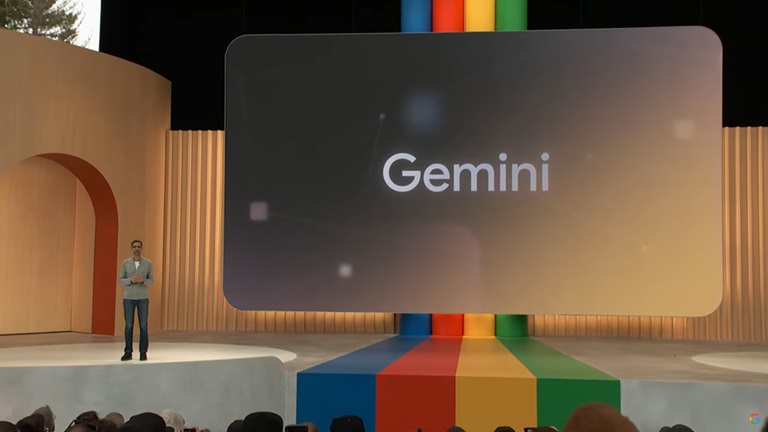On Thursday, Google announced a significant rebranding of its artificial intelligence chatbot and assistant, Bard, which is now called Gemini. This rebranding aligns the chatbot with the suite of AI models that power it under the same name, Gemini.
The tech giant also introduced new ways for consumers to access Gemini. Android users can now download a dedicated app for Gemini, while iPhone users can access it within the Google app on iOS.
These updates underscore Google’s commitment to investing heavily in AI assistants or agents, which encompass a range of tools from chatbots to coding assistants and other productivity tools.
During the company’s Jan. 30 earnings call, Alphabet CEO Sundar Pichai emphasized Google’s commitment to AI. He expressed his vision of offering an AI agent that can perform increasingly complex tasks on behalf of users, potentially integrating within Google Search. However, Pichai acknowledged that there is still much work ahead to realize this vision. Similarly, CEOs of other tech giants, such as Microsoft and Amazon, have highlighted their commitment to developing AI agents as productivity tools.
According to Sissie Hsiao, a vice president at Google and general manager for Google Assistant and Bard, these changes are a first step towards “building a true AI assistant.”
In addition to the rebranding, Google introduced a new AI subscription option. For $19.99 per month through Google One, users can access Gemini Ultra 1.0, Google’s most powerful AI model. Existing Google One subscribers can enjoy this offering without additional costs, as it is included in their storage plans. A two-month free trial is also available.
While these updates are currently available in English in over 150 countries and territories, Google plans to expand language offerings to include Japanese and Korean, as well as other languages in the future.
The rebranding also extends to Duet AI, Google’s former name for the “packaged AI agents” within Google Workspace and Google Cloud. These tools, which aim to enhance productivity and complete simple tasks for client companies like Wayfair, GE, Spotify, and Pfizer, will now be known as Gemini for Workspace and Gemini for Google Cloud.
Google One subscribers who opt for the AI subscription will also gain access to Gemini’s assistant capabilities in Gmail, Docs, Sheets, Slides, and Meet. Google aims to enhance Gemini’s context awareness by incorporating content from users’ emails, documents, and Drive files into suggested responses and actions.
Explaining the reason for the broad name change, Google’s Hsiao stated that it aims to clarify that users are interacting directly with the AI models that power the chatbot.
Looking ahead, AI agents like Gemini could potentially perform a wide range of tasks, such as scheduling group hangouts, managing travel arrangements, purchasing gifts, or fulfilling specific job functions like outbound sales. Currently, however, these tools, including Gemini, are primarily focused on tasks such as summarizing, generating to-do lists, or assisting with coding.
Pichai mentioned during the Jan. 30 earnings call that Google will continue to leverage generative AI, particularly with its most advanced models and Bard, to enhance Google Assistant and Search. This approach aims to enable these tools to act more like agents over time, potentially expanding beyond providing answers to users and offering more comprehensive follow-through.
(Source: NYT | Reuters | Wired)









